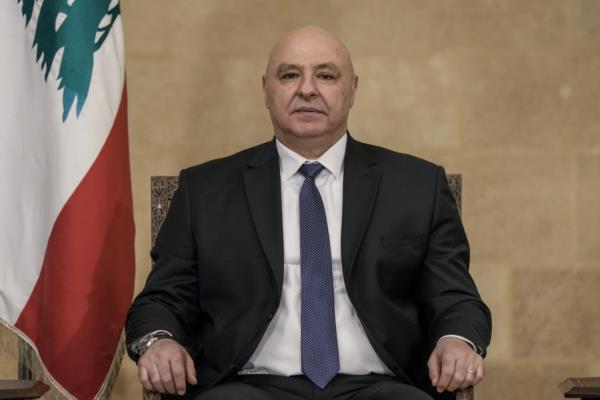
Lebanon's newly elected president, Joseph Aoun, is a former army commander known for his low profile and nonpartisan approach in the country's political landscape. Aoun, described as kind and compassionate, has refrained from aligning himself with any political party or expressing political opinions, a rarity in Lebanon's fragmented political system.
With a military background that spans back to his cadet days in 1983 during Lebanon's civil war, Aoun has been commended for his leadership and calm demeanor under pressure. Notably, he commanded the Lebanese army's 9th infantry brigade before assuming the role of army chief in March 2017.
During his tenure, Aoun oversaw the army's response to various crises, including combatting Islamist militants near the Syrian border in coordination with Hezbollah, responding to anti-government protests, and navigating the aftermath of the Beirut port explosion in 2020.
Despite challenges such as the economic crisis that led to a collapse in the country's currency, Aoun openly criticized the leadership for inaction, advocating for soldiers' salaries. His honesty and hard work ethic have earned him respect and loyalty among his peers.





Described as a humble and deeply religious man, Aoun's faith shapes his values and morals, resonating with his community and supporters. His recent election as president was met with celebrations in his hometown, with residents expressing hope for his leadership during these challenging times.
However, Aoun's election was not without controversy, facing opposition from influential Christian parties and concerns over the constitutional ban on a sitting army commander becoming president. Some critics viewed his election as influenced by external pressures, particularly from the United States and Saudi Arabia, raising questions about internal consensus.
Despite these challenges, analysts believe Aoun's presidency could bring stability to Lebanon, given his track record of integrity and dedication to his duties. While foreign influence remains a concern in Lebanese politics, Aoun's reputation as a principled leader distinguishes him from other figures in the country's political landscape.







